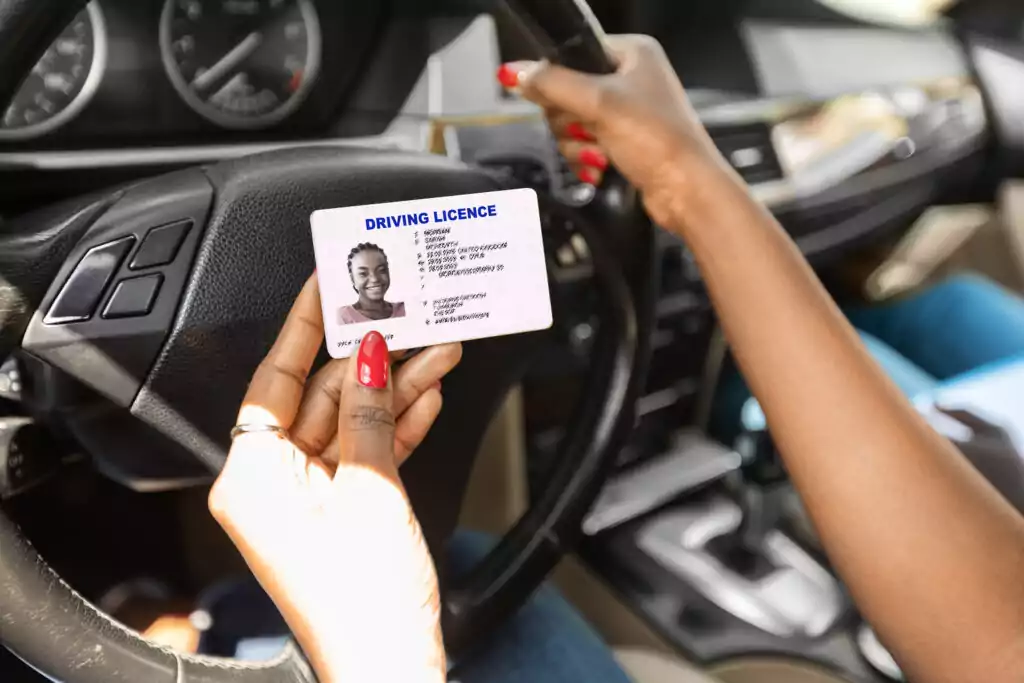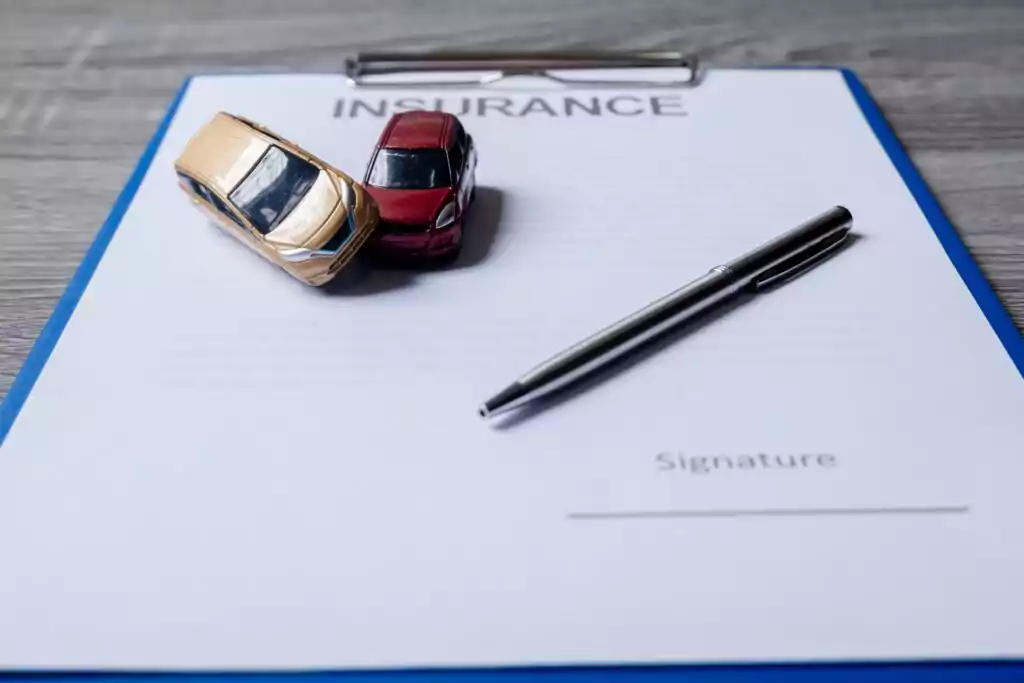An adult of legal driving age can drive in Japan if they have either a Japanese driver’s license or a valid driver’s license from their home country along with an international driver’s permit. For those of the latter, they can drive in Japan for up to a year from the date of arrival. After that, a Japanese driver’s license needs to be obtained.
For citizens and residents of countries such as France, Germany, and Switzerland, a valid driver’s license from their home country will suffice so long as they carry an official Japanese translation of their license.

Driving in Japan 101
Cars in Japan drive on the left side of the road, with the driver’s seat and steering wheel located on the right side of the car. The minimum legal driving age is 18 in Japan and so long as you are on the major roads, signs are generally in both Japanese and English.
The typical speed limits in Japan are 80~100km/ph on highways; 40km/ph in city and urban areas; 30 km/ph on small side streets; and around 50~60km/ph everywhere else.
When it comes to owning and driving a car in Japan, there is a pretty extensive checklist that needs to be dealt with before you can purchase a car, let alone get behind the wheel.

Parking Space
Before you think about stepping into a car showroom, you first need to canvass your local neighborhood for a parking space, which needs to be within 2km of your registered home address.
This may seem like putting the cart before the horse but in order to purchase a car in Japan, you need to show proof of owning or renting a parking space via a certificate called a shako-shomei.
The average monthly rent for a parking space can cost anywhere between ¥15,000 ~ ¥60,000 depending on your location. Make sure to bring a tape measure to measure the parking space to ensure that your car will actually fit in it.
If looking for an apartment that comes with a parking space, Village House, may be able to help you. Check out the property listings on their website for more details.

Car Tax in Japan
Owning a car in Japan comes with a lot of caveats, one of which is taxes.
There is an annual “automobile tax”, which is calculated depending on the vehicle’s engine size (amount of the vehicle’s emission). Known as jidousha-zei in Japanese, it can cost anywhere from ¥10,000 ~ ¥100,000 and the invoice will be sent to your registered home address every April.
Next, upon purchasing a car, you’ll have to pay jidousha-shutoku-zei or an “acquisition tax”.
Lastly, during a mandatory vehicle inspection, which occurs every two years (the first inspection of a newly purchased vehicle will be conducted after three years, and after that, it occurs every two years), you’ll be subject to jidousha-juryou-zei or a “tonnage tax”.

Car Insurance in Japan
Like almost anywhere else in the world, you’ll need to purchase car insurance when buying a car. In Japan, this “automobile liability insurance” is called jibaiseki-hoken and covers compensation for damages of expected profit lost in the event of third parties’ injury or death.
The average limit of liability is as follows:
- 30 million yen in the event of death
- 1.2 million yen in the event of injury
- Between ¥750,000 ~ 40 million yen in the event of residual disability
This insurance can cost between ¥20,000 ~ ¥30,000 annually.
As the “automobile liability insurance” doesn’t cover everything, drivers are also encourage to purchase nin-i-hoken or “voluntary insurance”, which can be an extra ¥40,000 ~ ¥70,000 per year.

Vehicle Inspection
Once you’re the proud owner of your shiny new car (or reliable secondhand car), your new four-wheeled baby will have to undergo a shaken, or compulsory safety inspection, every 2 years. This inspection will drain your bank account of ¥100,000 ~ ¥200,000; and remember that you’ll also have to fork out an extra ¥8,000 ~ ¥50,000 for the tonnage tax as well as renew your mandatory insurance.

Car Loan in Japan
One way to avoid the fees and taxes above is to lease a car instead so that you only pay for the usage of the car. With no down payment and large upfront costs, you’ll only be responsible for the monthly fees because maintenance fees and insurance fees are included in the lease.
Generally, when leasing a car in Japan, a guarantor is required along with a commitment of 3 years. If the contract is broken before this time, a cancelation penalty fee will apply.
If all of this information sounds a bit too daunting, then perhaps it’s better to rely on Japan’s very reliable public transport. You can ensure you have access to the trains and buses when living in Japan by checking out Village House, a real estate company with over 1,000 rental properties across Japan’s 47 prefectures.
Related articles:


